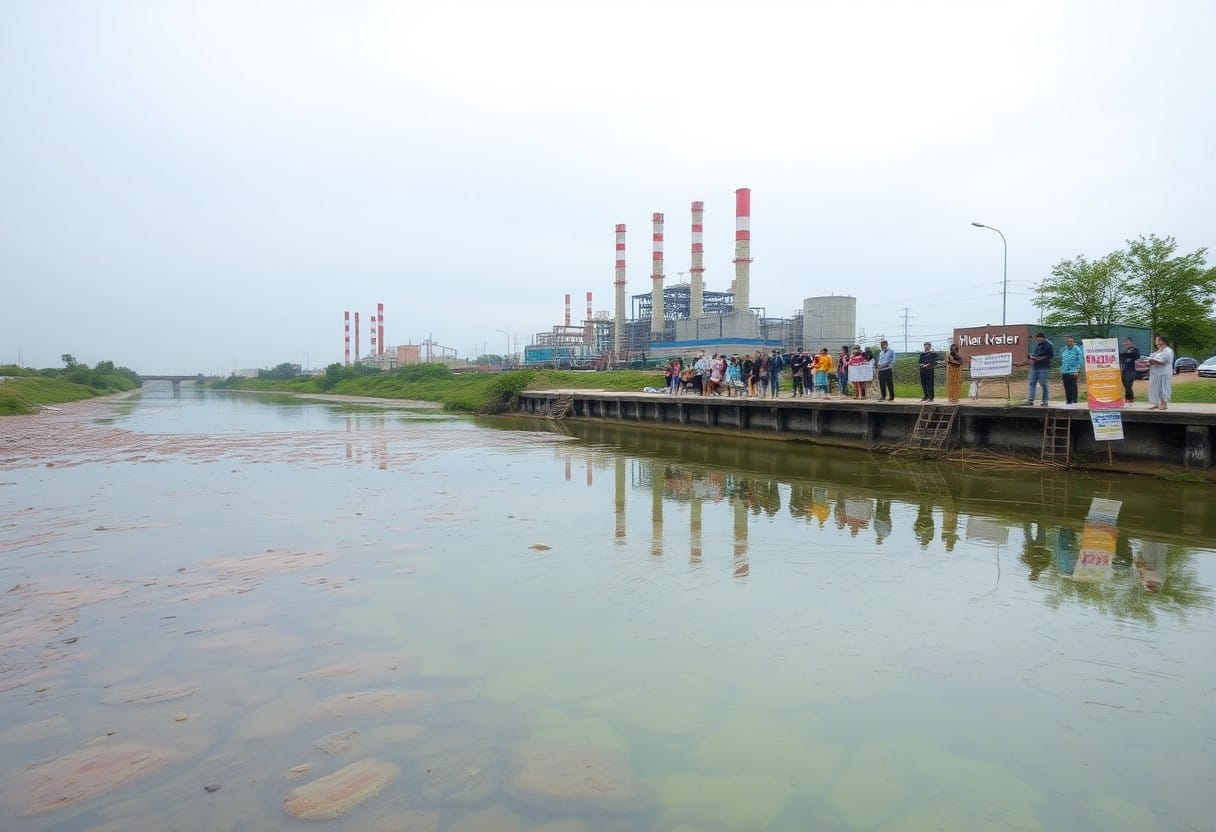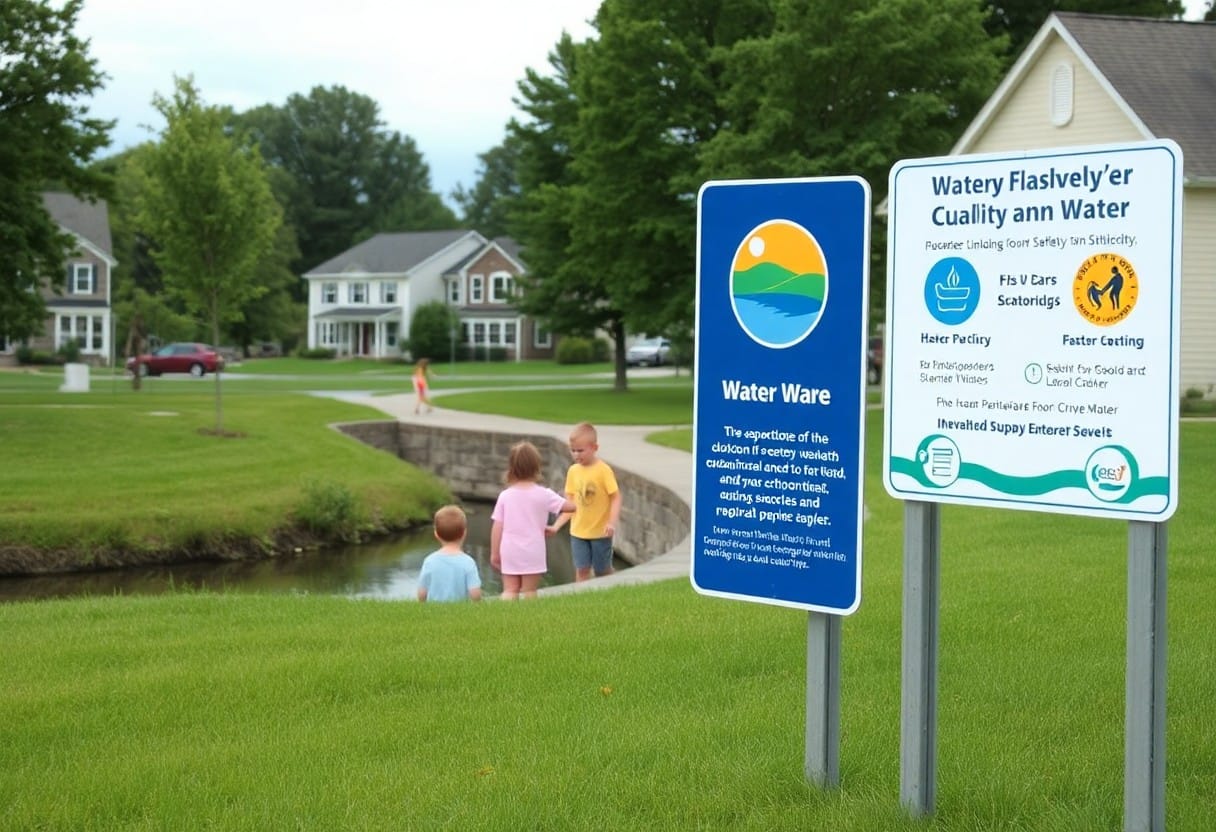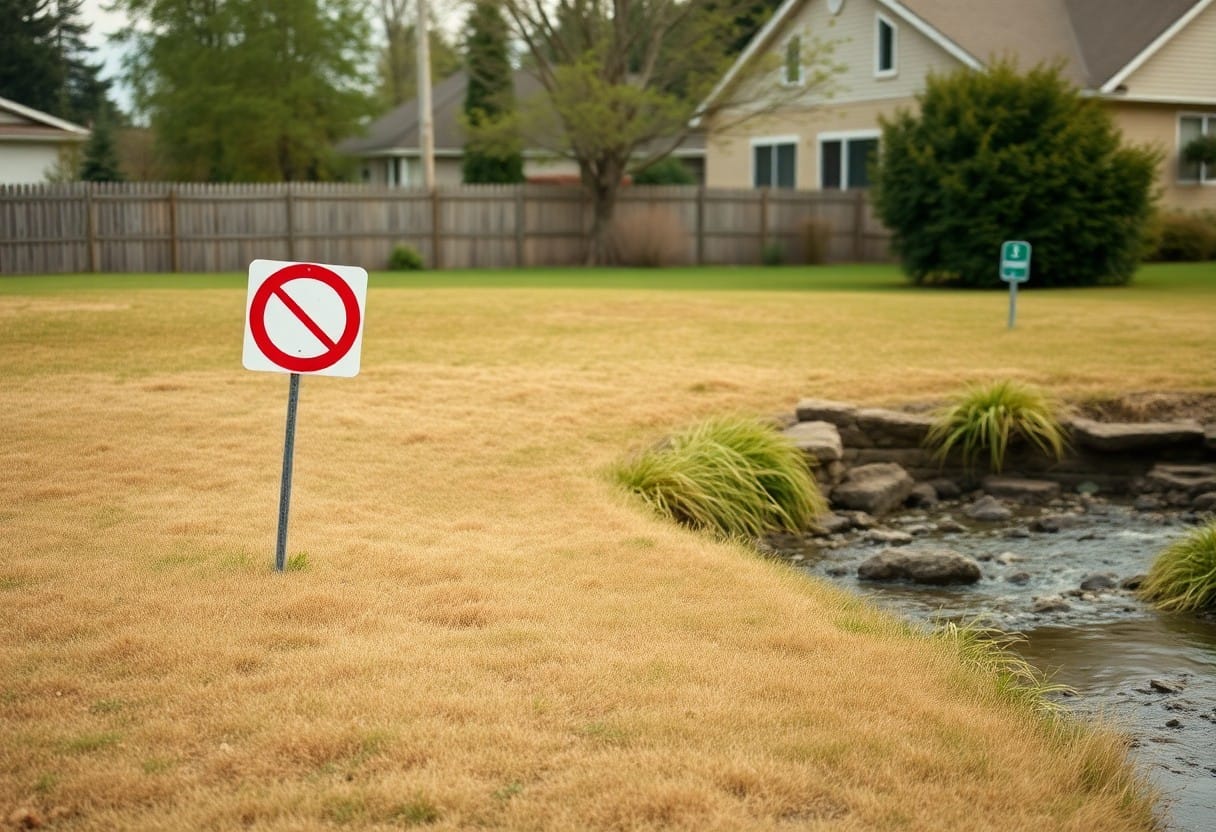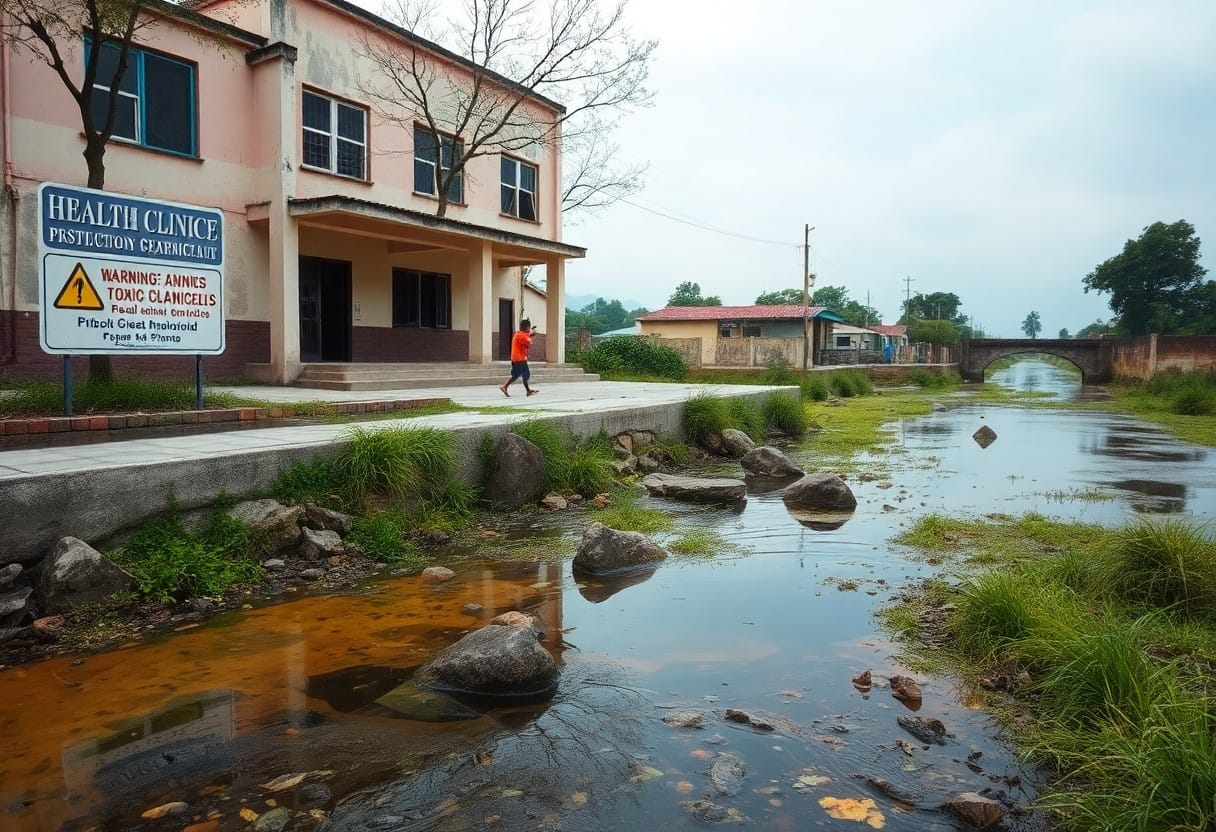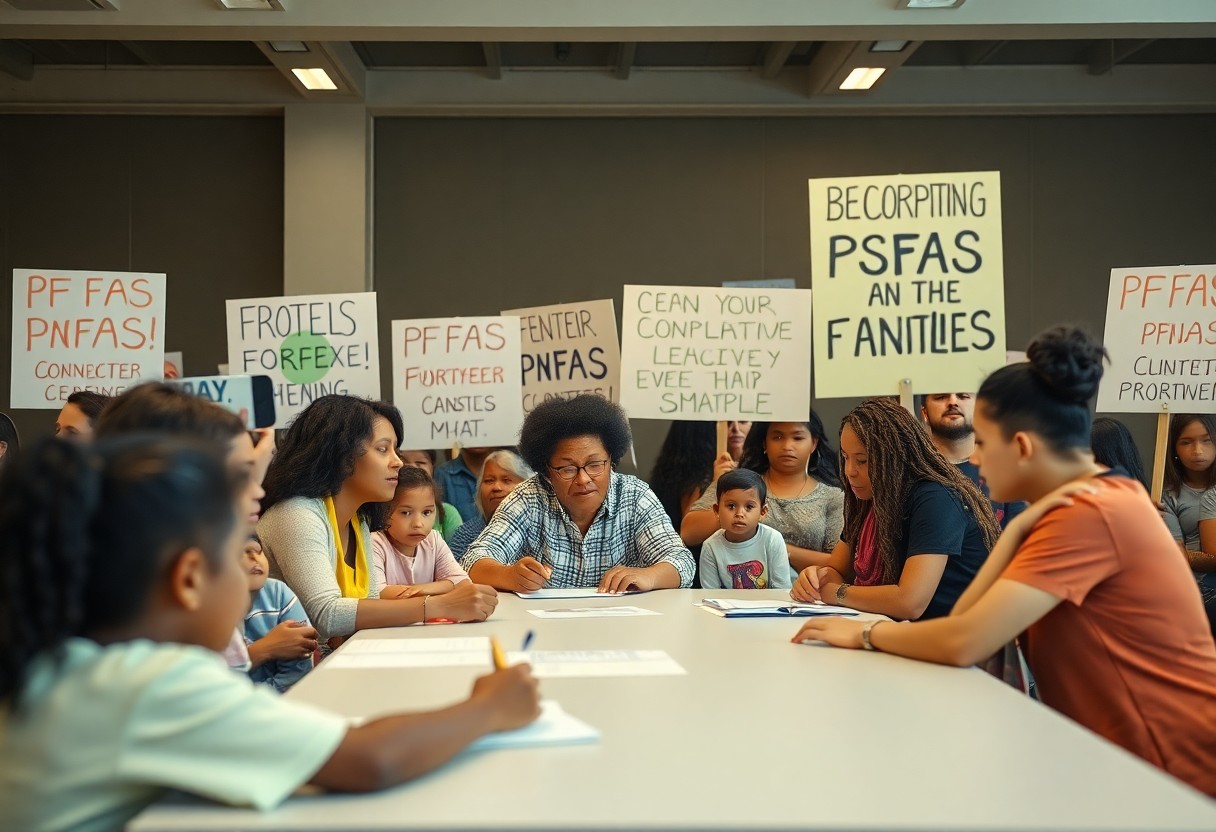There’s growing concern about PFAS exposure among children, as these harmful chemicals can be found in various everyday products and environments. As a parent, you may be wondering about your legal options if you suspect your child has been affected by PFAS. Understanding the risks associated with these toxic substances is imperative, as they are linked to serious health issues. This blog post will explore your rights and the steps you can take to seek justice for your child.
Understanding PFAS
A comprehensive understanding of PFAS, or per- and polyfluoroalkyl substances, is necessary for parents concerned about their children’s health. These man-made chemicals have been widely used in various industries since the 1940s due to their resistance to heat, water, and oil. However, they have gained attention for their persistence in the environment and potential health risks.
What are PFAS?
Against their widespread use, PFAS are known as “forever chemicals” due to their ability to persist in the environment and accumulate in the human body. This group of more than 4,700 synthetic chemicals includes substances like PFOS and PFOA, which have been linked to various health issues, including developmental problems in children.
Sources of Exposure
Before you can address the risks of PFAS exposure, it is vital to identify the sources. Common sources include contaminated drinking water, certain food packaging, and household products such as non-stick cookware and stain-resistant fabrics. When your child interacts with these products, the potential for exposure increases.
Hence, being aware of PFAS sources is important for safeguarding your child’s health. Drinking water that has been contaminated by industrial processes is a significant concern, especially in areas near manufacturing sites. Moreover, food packaging items such as fast food wrappers and microwave popcorn bags may contain PFAS, increasing the risk when your child consumes these products. Additionally, household items like carpets or cleaning products can also be sources of exposure, making it necessary to evaluate your home environment critically.
Health Impacts of PFAS in Children
It is vital for you to understand that children are particularly vulnerable to the harmful effects of PFAS exposure. These chemicals can disrupt hormonal and immune systems, impacting growth and development. As a parent, being aware of the potential health implications empowers you to seek necessary interventions and make informed decisions for your child’s well-being.
Short-term Effects
PFAS exposure can lead to short-term effects such as skin irritations, gastrointestinal disturbances, and respiratory issues. Children exposed to these toxic substances may experience symptoms like headaches and fatigue, which can hinder their daily activities and overall quality of life. Awareness of these signs allows you to respond swiftly and seek medical assistance if needed.
Long-term Effects
Across various studies, long-term exposure to PFAS has been linked to serious health risks, including developmental delays, reduced immune response, and increased risk of certain cancers. Children’s bodies may not process these chemicals as effectively as adults, leading to cumulative health challenges over time.
Also, the implications of long-term PFAS exposure in children can extend to chronic health issues, including hormonal disorders and metabolic problems. It’s vital for you to monitor any signs of these long-term effects and engage healthcare professionals for assessments. Early detection and intervention can significantly impact your child’s future health and development, helping mitigate these harmful risks.
Legal Rights of Parents
Clearly, as a parent, you hold important legal rights when it comes to ensuring the safety and health of your children. If your child has been exposed to harmful PFAS chemicals, you may have the ability to seek legal recourse against those responsible for their exposure. It is crucial to understand your rights in order to advocate effectively for your child’s health and well-being.
Understanding Legal Frameworks
By familiarizing yourself with the various legal frameworks that govern PFAS exposure, you can better assess your situation. Federal and state regulations often outline the responsibilities of manufacturers and local authorities regarding chemical safety. Understanding these laws is key to determining potential claims against those accountable for your child’s exposure.
Statutes of Limitations
Understanding the statutes of limitations is vital in pursuing legal action for PFAS exposure. These laws set a deadline for filing claims, which varies by state and type of case. If you wait too long to take action, you may lose your right to seek compensation for your child’s suffering.
A statute of limitations typically begins when you discover that PFAS exposure has affected your child’s health. In many jurisdictions, this period can range from one to several years, and it is crucial to act promptly. If you hesitate, your chance of obtaining medical compensation or punitive damages can diminish significantly. Consulting with a specialized attorney as soon as you suspect harm is the best way to navigate these deadlines and protect your rights effectively.
Seeking Compensation
Not every child affected by PFAS exposure will receive compensation easily, but you have the right to explore legal options. The path to achieving justice involves understanding the various routes available to you as a parent concerned about your child’s health and wellbeing. By seeking legal counsel, you can better navigate this complex landscape and pursue potential compensation for the harm caused by PFAS exposure.
Potential Claims
Claims can arise from multiple sources, including product liability, negligence, and toxic torts, focusing on how PFAS exposure has impacted your child’s health. Each potential claim must be evaluated based on its specific circumstances, and consulting with legal professionals can help you identify the most effective course of action.
Evidence Collection
For building a strong case, it’s important to collect evidence that substantiates your claims. This evidence may include medical records, test results for PFAS levels, and documentation of any environmental sources of exposure.
Further, the collection of evidence to support your case requires meticulous attention to detail. You should keep all medical records that document your child’s health issues, including any diagnoses or symptoms that can be linked to PFAS exposure. Obtain water quality reports or environmental assessments from local agencies that may indicate contamination levels. Finally, gathering testimonies from other affected families or witnesses can greatly strengthen your case, making it more likely for you to achieve compensation for your child’s suffering.
Finding Legal Representation
All parents seeking justice for their children affected by PFAS exposure should pursue qualified legal help. Finding an experienced attorney who specializes in PFAS litigation is important in navigating the complexities of the legal system and ensuring your family’s rights are protected.
Types of Attorneys
- Personal Injury Attorneys
- Environmental Law Specialists
- Toxic Tort Lawyers
- Class Action Attorneys
- Litigation Lawyers
| Type of Attorney | Specialization |
| Personal Injury Attorneys | Focus on injuries caused by negligence. |
| Environmental Law Specialists | Expertise in environmental regulations and cases. |
| Toxic Tort Lawyers | Represent cases involving exposure to harmful substances. |
| Class Action Attorneys | Handle cases affecting multiple plaintiffs. |
| Litigation Lawyers | Skilled in courtroom procedures and legal strategy. |
Assume that understanding the distinctions between these specialties will assist you in finding the right legal option for your situation.
Selecting the Right Lawyer
Along your journey to find legal representation, consider the attorney’s experience, track record, and familiarity with PFAS cases.
Plus, prioritize hiring a lawyer who has a successful history in PFAS litigation and is committed to advocating for children’s health rights. You should also assess their communication style and how well they can address your concerns. Ultimately, a good attorney will provide a tailored approach, ensuring that you feel supported and informed throughout the legal process.

Resources and Support
Now that you understand the potential risks of PFAS exposure to your children, it’s necessary to know the resources available to you. Accessing reliable information and support can help you navigate the legal options and health implications that arise from exposure. Whether you’re seeking local assistance or national advocacy, various organizations are ready to assist you in this challenging journey.
Community Resources
The local communities often provide valuable resources such as health clinics, support groups, and educational seminars. Engaging with these resources can inform you about the risks of PFAS and connect you with other parents facing similar challenges. By tapping into these support systems, you can equip yourself with knowledge and tools for both your child’s health and your legal rights.
National Organizations
Below are several national organizations committed to addressing PFAS-related issues and providing support to affected families. These groups offer extensive resources, including scientific research, legal assistance, and advocacy programs. Engaging with these organizations can empower you with the knowledge and encouragement needed to take action on behalf of your child.
With various advocacy groups and health organizations focused on PFAS pollution, you have an necessary ally in your fight for justice. Organizations such as the Environmental Working Group (EWG) and the Natural Resources Defense Council (NRDC) provide comprehensive resources, including guidelines for testing water and health advisory information. They can connect you with legal experts to pursue claims against responsible parties and help establish a community of support through their networks. Utilizing these organizations can lead to informed actions that prioritize your child’s health and safety.
To wrap up
The rising concerns surrounding PFAS exposure in children highlight the importance of awareness and legal recourse for parents. You have the right to seek justice and compensation if your child has been affected by these harmful substances. Understanding your legal options empowers you to take action and protect your family’s health. Consult with legal professionals experienced in environmental law to explore potential claims against manufacturers or responsible parties. Your proactive steps can contribute to safer environments for future generations.





